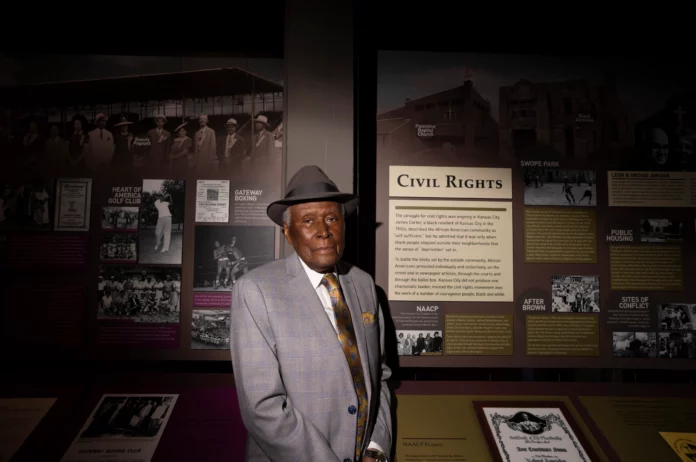In a recent development that’s been widely perceived as a continuation of the Jim Crow era, farmers of color are set to appeal a federal court judge’s ruling. This decision, they argue, further nullifies their commitment to rectifying historical injustices committed against them.
Half a year ago, John Boyd Jr., Kara Boyd, Lester Bonner, and Princess Williams brought a class-action lawsuit against the U.S. government, including the United States Department of Agriculture (USDA). Their claim? That the government had backtracked on a commitment to pay off eligible debts for farmers of color after the repeal of a $4 billion debt relief program targeted towards socially disadvantaged farmers and ranchers — which spans Black, Native American, Hispanic, and Asian communities.
The government, in response, put in place a race-neutral program, which the plaintiffs perceive as a clear attempt to sidestep the earlier contractual commitments. They assert that this has left them unable to clear their debts.
Boyd Jr., the president of the National Black Farmers Association, connected this case to the broader, ongoing fight against racial discrimination, asserting that it’s a perpetuation of Jim Crow-era policies. He firmly stated that, like his ancestors, he wouldn’t be giving up the fight.
The U.S. Justice Department claimed that the legislative act established the financial assistance program and that it didn’t form “contractual undertakings.” They asked for the complaint to be dismissed, arguing that it failed to present a plausible claim for relief. Senior Judge Edward J. Damich of the United States Court of Federal Claims agreed with this stance in an April 27 opinion.
At the heart of the issue is the original loan forgiveness program, which was enacted in March 2021 as part of the American Rescue Plan Act. This provided up to 120% of the outstanding indebtedness in an effort to address historical inequalities and funding disparities by the USDA.
Black farmers saw this program as a significant step towards mending the damaged relationship with the federal government, particularly in the wake of the landmark Pigford v. Glickman case. This class-action lawsuit alleged that the USDA had discriminated against Black farmers who sought federal financial assistance between 1983 and 1997 and failed to address the complaints about this discrimination.
However, in June 2021, just as the USDA was preparing to start loan payments to eligible borrowers, a judge issued a restraining order on the program. This was in response to a lawsuit filed by a group of white farmers who alleged that the debt relief program was racially discriminatory against them.
Corey Lea, a farmer, expressed that the discrimination was not only prevalent within the USDA but also ran deep within the court system. He contrasted the quick justice for white farmers with the long-drawn, often fruitless legal battles that Black farmers face, emphasizing the systemic nature of the problem.
Rather than implementing the pre-existing loan forgiveness program, last year’s Inflation Reduction Act replaced it with aid for a wider group of “distressed borrowers.”
In September, all parties agreed to dismiss the lawsuit in response to the Inflation Reduction Act. However, just a month later, Boyd Jr. filed a new lawsuit. He argued that the relief from the original program in the American Rescue Plan Act would’ve made a significant difference in helping farmers clear their debts — especially for Bonner and Williams, who have grappled to keep afloat or pay off growing bills.
Boyd Jr. summed up the feeling of abandonment by the current administration, stating, “They just abandoned us, left us out there high and dry. That’s why I turned to the courts.” This sentiment echoes the continued struggle of Black farmers for equity and justice in the face of ongoing systemic bias.



